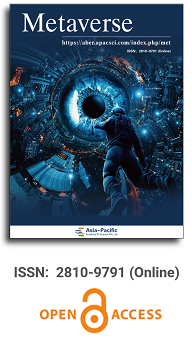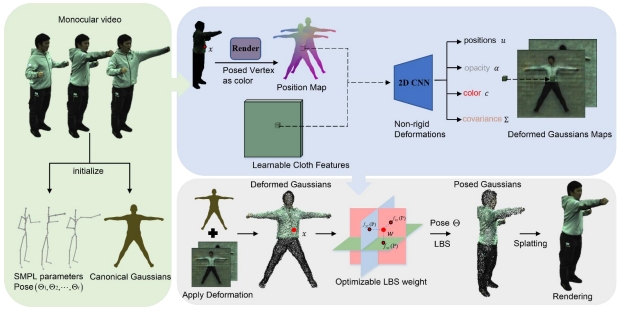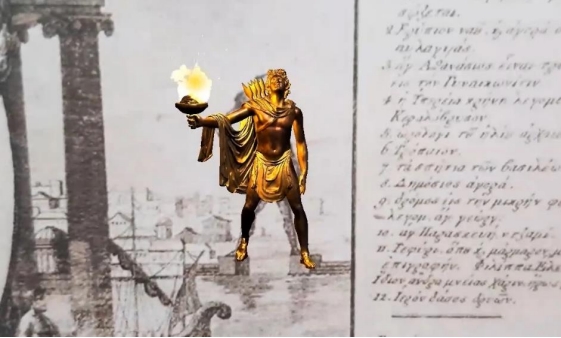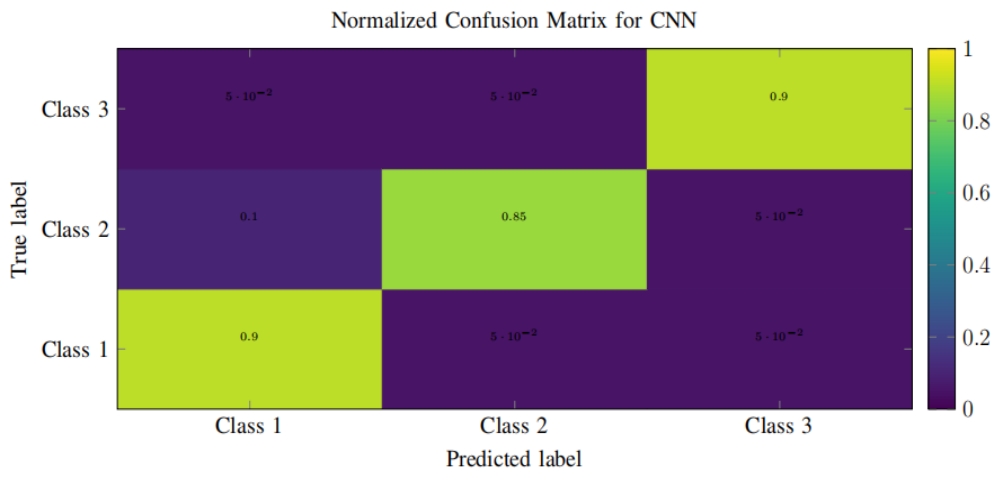
Asia Pacific Academy of Science Pte. Ltd. (APACSCI) specializes in international journal publishing. APACSCI adopts the open access publishing model and provides an important communication bridge for academic groups whose interest fields include engineering, technology, medicine, computer, mathematics, agriculture and forestry, and environment.



Issue release: 30 June, 2022
The metaverse has been described as the third Internet revolution, a virtual society and social network that mirrors real scenarios through a decentralized architecture. It is a new future form of the Internet that integrates various new technologies, and its combination with the education field has great potential. In the post-epidemic era, the shape of education has undergone significant changes, evolving continuously towards large-scale, digital, virtualized and intelligent.
Issue release: 30 June, 2022
The purpose of this work is to analyze the relationship between the consumption of collective goods and a new digital market. In this case, from the use of blockchain technology (such as cryptocurrency and crypto art) to understanding how education can develop with the rise of digital multiculturalism. Therefore, in the current work, we have analyzed what is the conceptual relationship of collection in history. Now, at the second moment, we have developed the description of cryptocurrency blockchain, and then analyzed NFT. Finally, it reviews metaverse’s education and vision and how to use these new digital technologies in order to put forward typical suggestions and reflections in the field of education.
Issue release: 30 June, 2022
An important approach to the use of emerging technologies is the virtual ecosystem in the field of education, which ensures the creation of an interactive and multi-sensor immersive environment connected to multi-user online applications, resulting in events with extraordinary technological developments on the Internet. The purpose of this demonstrative article is to explore the characteristics and influence of 3D tools in the teaching process. The survey is divided into two main formal parts: the first part is the emerging destructive technology trends, including the emergence of technology, mobile devices and innovative digital training scenarios; the second part describes the virtual world as a multi-sensor tool, because the potential provided by the initial scene of virtual reality is used as a training resource in the culture of educational network. Writing is carried out under the explanatory paradigm supported by the viewpoint of qualitative methodology; the technique of calculating reading through heuristics. Similarly, a comprehensive review of printed and digital resources has been carried out, such as books, magazines, dictionaries, papers, online newspapers, web pages, audio-visual document management, illustrations, videos, etc. Finally, the question was raised: to what extent does meta text affect the teaching process based on virtual education background? The development of the whole survey is revealed by combining key words.
Issue release: 30 June, 2022
It is a challenging task to handle the vector field visualization at local critical points. Generally, topological based methods firstly divide critical regions into different categories, and then process the different types of critical regions to improve the effect, which pipeline is complex. In the paper, a learning based multi-task super resolution (SR) method is proposed to improve the refinement of vector field, and enhance the visualization effect, especially at the critical region. In detail, the multi-task model consists of two important designs on task branches: one task is to simulate the interpolation of discrete vector fields based on an improved super-resolution network; and the other is a classification task to identify the types of critical vector fields. It is an efficient end-to-end architecture for both training and inferencing stages, which simplifies the pipeline of critical vector field visualization and improves the visualization effect. In experiment, we compare our method with both traditional interpolation and pure SR network on both simulation data and real data, and the reported results indicate our method lower the error and improve PSNR significantly.
Issue release: 30 June, 2022
The explosion of the “metaverse” provides an opportunity to reflect on the impact of intelligent digital virtual technology on contemporary humanity. While the metaverse opens new worlds of possibility for humanity, the extreme reality. The world and the people in it have been rewritten as a result of the inversion of reality and the obscuring of so-called “augmented reality”, which has led to the retreat of the original reality. In the metaverse, the world is grasped more by perceptual perceptions, the objects are informational and symbolic ideas, and the subjects of grasp are increasingly becoming twin digital doppelgangers, digital beings. The metaverse will bring about the tribalization of public life and the territorialization of public space. The construction of a metaverse order is essentially a governance of the human imagination, which will require a shift in political philosophy. The metaverse is the inevitable consequence of the so-called “humanization” of technology. The increasing “staying” and “involution” of people in the world of intentionality, their domination by instrumental reason, their anti-intellectualization and their dumbing down, all of which are the paradox of “human, too human”. The interaction between individual intentionality and extensiveness, as well as the risk of serious consequences brought by technological innovation, make the individual’s free choice involve problems, so we must appeal to re-moralization, and the basis of re-moralization is individual cultivation. Philosophic workers should not only keep an open attitude, but also keep a thinking attitude towards the metaverse.
Issue release: 30 June, 2022
Although the metaverse may bring technological and consumer revolution, from the perspective of cultural model, the metaverse does not lead to significant changes in social emotional structure. The metaverse is still a new form of network technology development. It strengthens visual experience and weakens tactile, taste and auditory experience from this perspective, the biggest feature of the metaverse is the violence of visual culture, which makes the “light rhyme” disappear and makes people form a homogeneous experience in the simulated world. Therefore, we should not superstitious and blindly follow the “meta cosmic culture”.

Prof. Zhigeng Pan
Professor, Hangzhou International Innovation Institute (H3I), Beihang University, China

Prof. Jianrong Tan
Academician, Chinese Academy of Engineering, China
Conference Time
December 15-18, 2025
Conference Venue
Hong Kong Convention and Exhibition Center (HKCEC)
...
Metaverse Scientist Forum No.3 was successfully held on April 22, 2025, from 19:00 to 20:30 (Beijing Time)...
We received the Scopus notification on April 19th, confirming that the journal has been successfully indexed by Scopus...
We are pleased to announce that we have updated the requirements for manuscript figures in the submission guidelines. Manuscripts submitted after April 15, 2025 are required to strictly adhere to the change. These updates are aimed at ensuring the highest quality of visual content in our publications and enhancing the overall readability and impact of your research. For more details, please find it in sumissions...


 Open Access
Open Access




.jpg)
.jpg)

